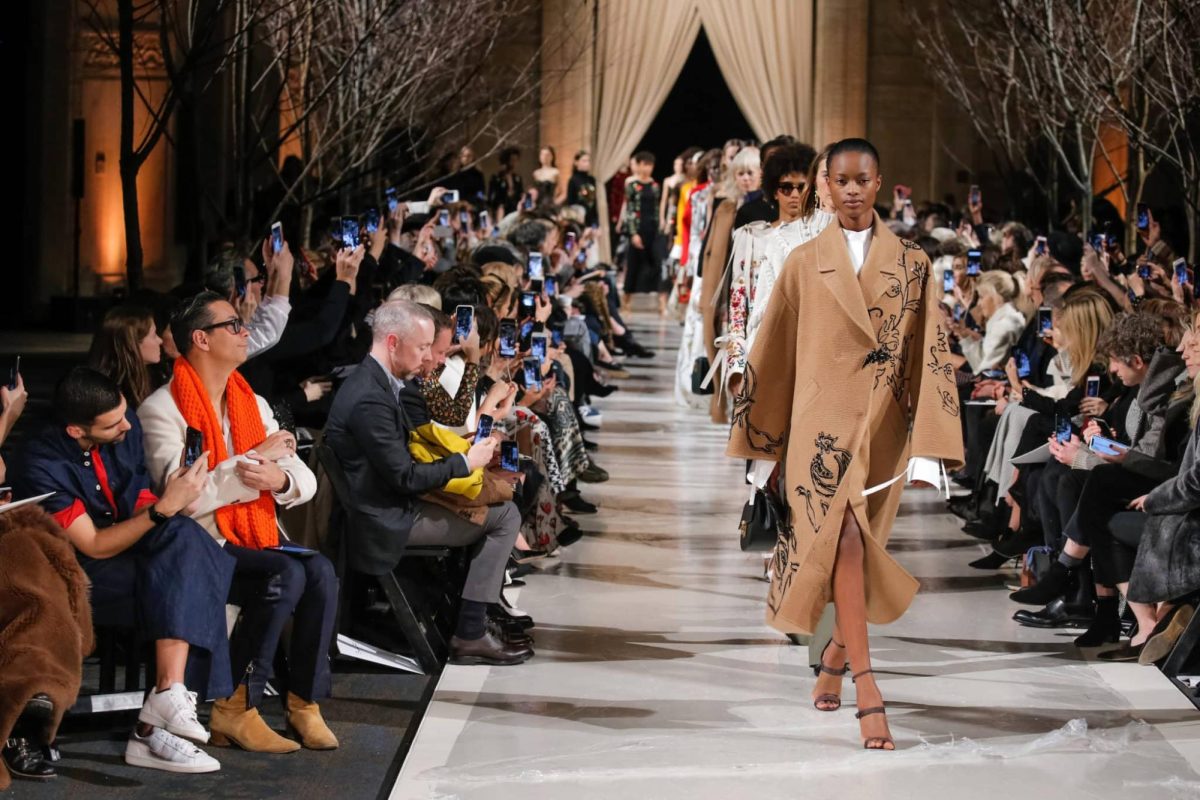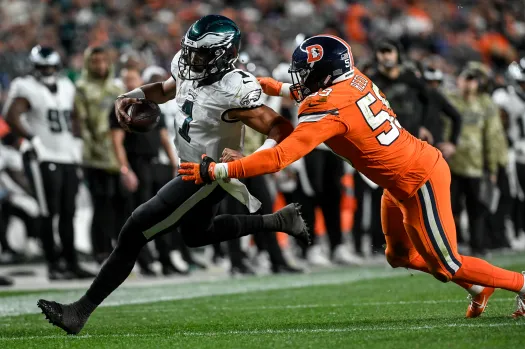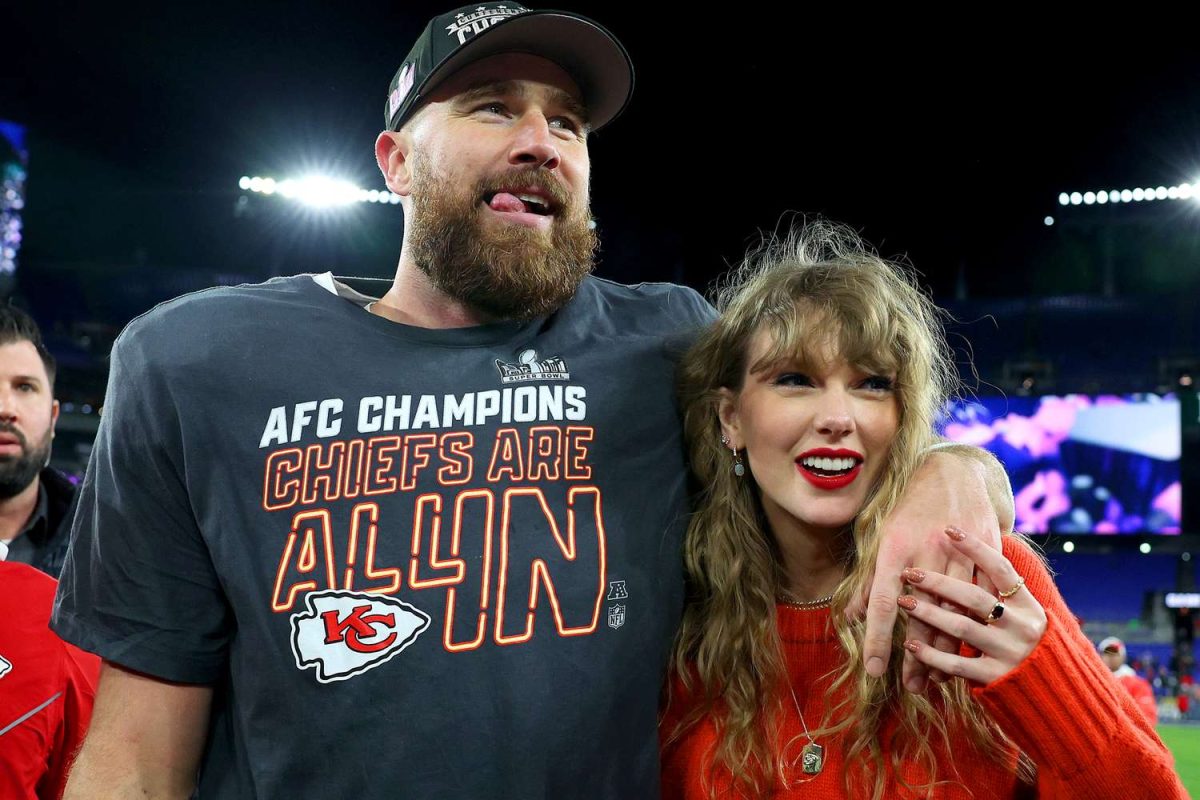Is the tradeoff worth it? Should Black students have to sacrifice their childhood for quality education?
As I am nearing the end of my school career, I have done a lot of reflecting on my last twelve years at the Agnes Irwin School, and when doing so I tend to grapple with two questions. The first is, why should Black students have to sacrifice their childhood for quality education? And the follow-up to that one; is the tradeoff worth it? Agnes is a special kind of institution: all girls, private, college prep, Predominantly white institution(PWI), main line. All of those attributes drew my mother to the school when trying to decide where to put me and my sister. Most of these are self-explanatory, but choosing to put your Black daughters in a PWI might seem crazy to some until you do some research. To put it plainly, my mother wanted us to have a better chance. The majority of public schools are underfunded and overcrowded. None of this is the fault of the students or parents, but instead the way that the United States chooses to direct most of the money and resources to schools in whiter areas. Agnes is a smaller school, most of my classes have something around 14 students, and everybody knows everyone. The teachers tend to be very invested in your education, and nearly everyone on campus is college bound. In terms of enjoyment, I had the best experience in my Lower School and Upper School years.
Even with all of my good years at Agnes, there was still a good chunk of all of them spent dealing with racial problems or the backlash that stemmed from them. I’ll give some examples. In my first week of Kindergarten, students asked my teacher why my sister and I do not have our father in our life. In 4th grade, a teacher walked my sister through the halls on a leash. All of Lower School was spent dealing with students, teachers, and parents who would constantly grope my and my sister’s hair no matter how many times we asked them to stop. In 6th grade, my sister was told that she looked like an ape because of her “dark skin, and hairy arms”. When she asked the student if another girl (a white one) looked like one too, she was told “of course not”. When she reacted to the statement, my sister was told that she was overreacting again and the class laughed at her. In the first month of 10th grade, the N-word was found written in a journal and on a wall within two days of each other. Currently, I am in 11th grade, and there has been a litany of issues in reference to race
If we refer back to the question that I posed in the beginning I had said “black students”, you’ll notice that it is referring to Black children as a whole, but so far I’ve only spoken about my experiences or those of my sister. So, let’s rewind to the summer of 2020. On June 11, the first post appeared on an Instagram account called BlackMainLineSpeaks. It said “This page will feature real stories from current students, alums, and parents, and whoever else has had experience with one of the several schools the Main Line has to boast about. Kept anonymous to protect identities.” All of the posts described an act of racism that had occurred at one of the Main Line schools, ranging from accidental microaggressions to outright violence. This page continued to post until December 21, 2021, and had well over eight hundred posts by the time it stopped. If I counted correctly Agnes had over one hundred twenty posts. There were posts from alums who had graduated as far back as the 90s, and many of those posts were similar to the ones that were posted about the last few years. The problem with the schools is not a lack of black students, but instead a lack of effort on the schools’ part to address the issues that continue to plague the community.
I came out of a cycle of lackluster grades. In 6th grade an incident caused me to leave school for around a month. That time away from school made it extremely difficult for me academically, especially because I hadn’t received any makeup work until the last week when it was determined that I would return. I stopped trying because I felt like there was no point. I also refused to seek help because I lost that feeling of trust in many classmates and teachers due to their behavior during my time away. As the year progressed, I refused to complete homework or to study, I never met with my teachers, and I began lying to hide my grades. In classes, I stopped trying to answer questions, and would sometimes try to do the classwork, but did not understand because I wasn’t paying attention. I hated receiving report cards because I knew that the grades and comments would not reflect my intelligence. It also did not help that I was more interested in drawing than in any of my classes. My unfortunate attitude towards my education persisted and got worse, up until the beginning of my junior year. But, even with all of my disinterest, I never had a teacher tell me I was not smart. I’m sure many of them may have thought it, especially the ones who did not know me from my Lower School and early Middle School years, but none of them ever told me that in person.
Intelligence is defined as the ability to acquire knowledge and skills. In theory, that can apply to many different subjects and topics; you can be musically intelligent, emotionally intelligent, or even artistically intelligent. I have a friend who attends a public school that is underfunded and overcrowded. My friend is very similar to me before I discovered ways to motivate myself. She has a different form of intelligence that schools are not built to cultivate, and therefore she tends to not try.
My friend and I are both applying to work in the same place this summer. I had asked some teachers to write me letters of recommendation for the job. While my teachers wrote back immediately, my friend’s teachers refused to write her a letter. During this discussion, my friend said something that led me to ask her if she thought she was smart. She answered no without any hesitation. I asked her why she thought that, and she said that her teachers told her. Schools tend to cater to those who are academically intelligent; for those that struggle in that area, many schools tend to write them off as unintelligent. I know that my friend is smart because I have seen her in places where she flourishes, and all of those places happen to be outside of school. I also know students at Agnes and other private schools that I would not define as academically intelligent, but I could never imagine a teacher telling them that. My friend internalized what she was told, and therefore doesn’t see school as somewhere she can thrive. When someone is told something repeatedly they begin to see it as a truth instead of that person’s uneducated opinion. I’m sure if those teachers were to see my friend outside of school, doing something she loves, then they would change their opinion. Internally, I have always known that I was intelligent, in part because I’ve never been told otherwise. Could you imagine a student being told to their face that they weren’t smart at AIS? Could you imagine the pushback they would receive? The difference between Agnes/schools like Agnes, and other schools, is that at these private institutions, we pay for the environment. There is an expectation that teachers treat us a certain way. Do teachers always live up to this? No, but the expectation still stands. We pay to not be told that we are not intelligent. The difference between these private schools and others is that you are always told yes. You are pushed to be your best self, you are encouraged to create, and schools like Agnes build you up, they open pathways.
So to answer my own questions from the start. The answer to the question is the tradeoff worth it is specific to every student. Every Black student will have a different experience at these schools, and everyone will have to answer in their own way. There are some Black parents and students who might argue that the ends justify the means. Were there a few minor inconveniences along the way? Yes, but at the end of the day, the reason for going to school is for education and the opportunities. A school is supposed to prepare students for the real world, and don’t schools like Agnes accomplish that? As Black people in America, we will be put into uncomfortable situations, on the street, in the workplace, and going shopping. Doesn’t the school prepare you for real-world situations? As for education, don’t the students end up going to good colleges? Still, there are many who will argue that whatever positives may be gained, they still do not take away the long-term trauma that Black students at these institutions may end up receiving along with their diplomas.
What about the question should Black students have to sacrifice their childhood for a quality education? Why should a person have to contend with racial trauma just to get the opportunities that other people are given by default? Black students should not have to sacrifice their childhood for anything. A child deserves to be a child, and they should not have to choose between opportunities/education, or trauma. Racism is not a one-time-only type of thing. Racism is impactful. A person who commits a racist act may never think about it again, while the person who was on the other side thinks about it constantly. We think about it anytime we see the person who committed the racist act. It affects the connections we make, and the people we talk to. It affects how we view the world around us, and sometimes how the world views us. Society needs to begin to think of Racial trauma, in the same way, it views other traumas and stop acting like they are isolated incidents. At the end of the day, racism, and an incident that may have happened as early as kindergarten, will forever affect the child who was on the receiving end. For example, BlackMainLineSpeaks had posts from alums who were recounting events that had happened as far back as the 90s. In PWIs, the burden of “fixing” what happened all too often falls onto the Black child who is still reeling and coming to terms with what had happened to them. While they are dissecting their own emotions towards the event and figuring out ways to cope, they are also often told to handle it or to educate. Practices like restorative justice make it so that the victim has to sit down with the perpetrator and explain to them how they harmed them. This practice is unacceptable because black students are all too often made to be teachers in situations where they need someone to help them. At the end of the day, the experiences that each Black student has at a PWI are unique to them, and also rely on additional factors like complexion, weight, gender, etc. Some Black students may not even experience any racism, while others may face an extreme amount. A lot of the issue stems from the simple fact that all education is not equal. Why should many Black students have to go to PWIs in the first place? Until that is addressed, there is always the matter of fixing the problem within the PWIs. Black students should not have to deal with discrimination in exchange for a good education.







